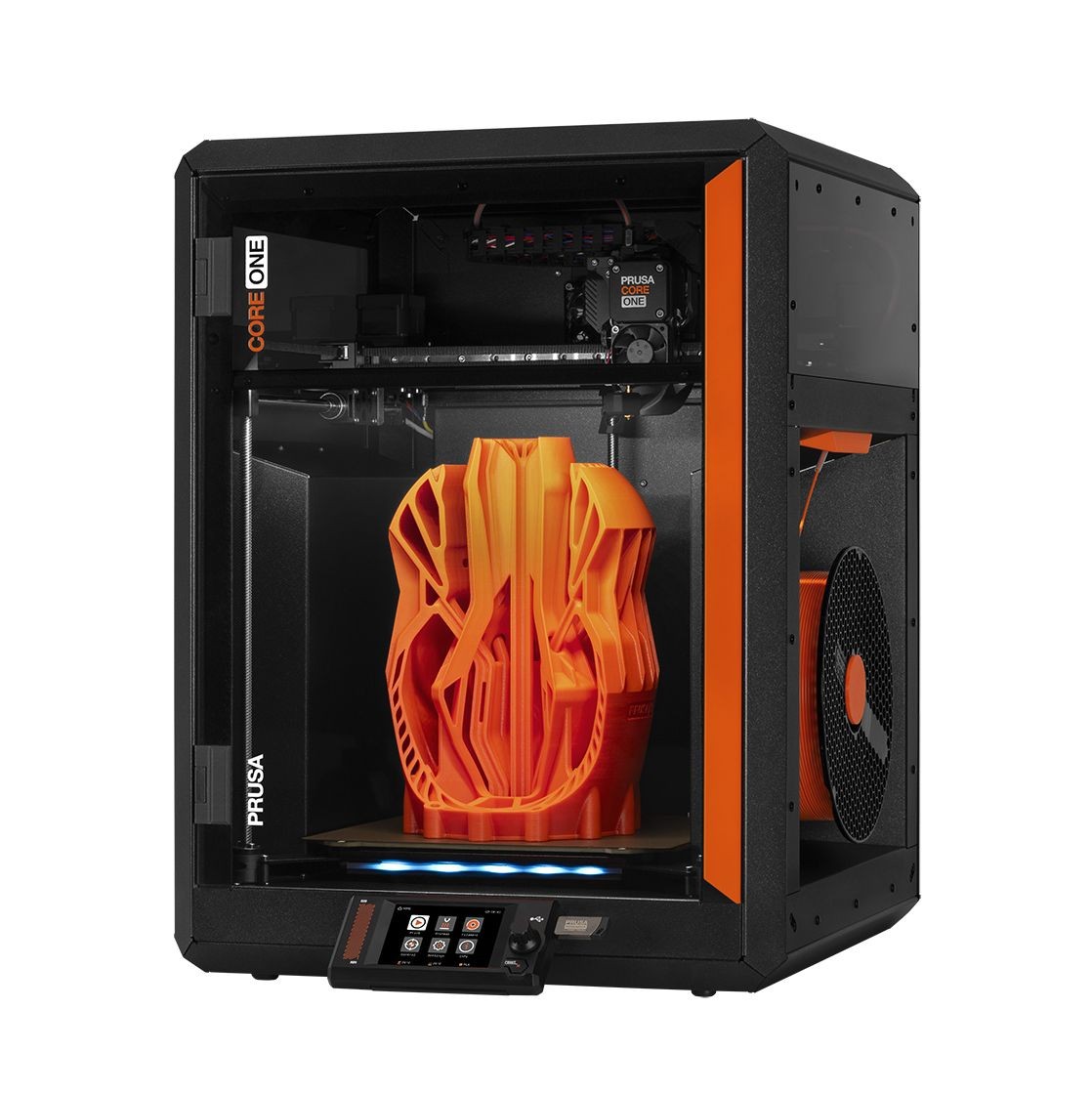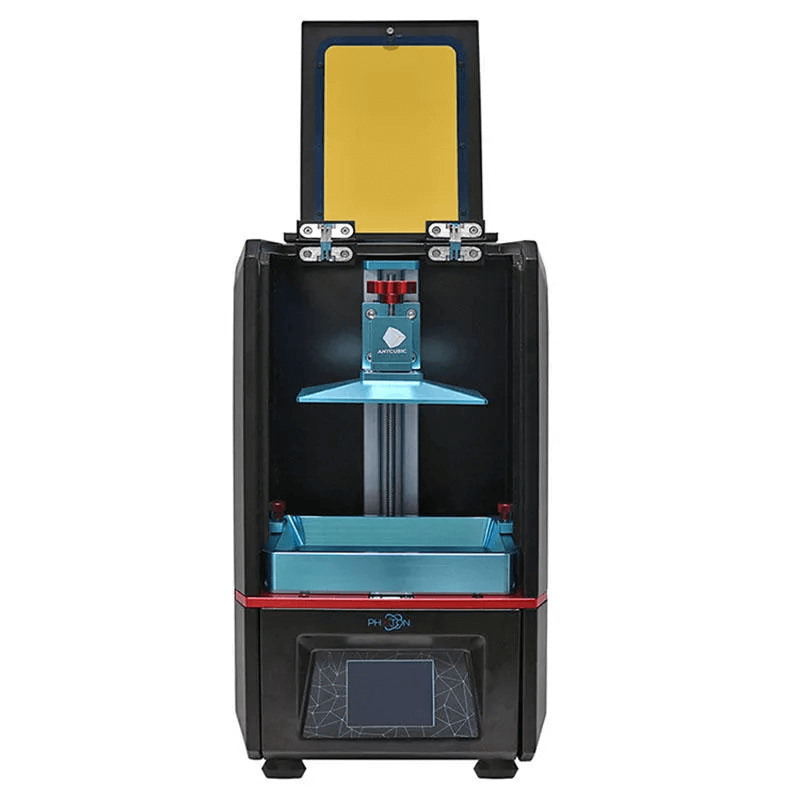Compare Core One vs Photon
Comparison between the best 3D printers
Choose the best 3D printer at the best price. The cheapest 3D printers are here.
Buy a 3D printer here with 3D Fila.
 |
 |
|
| Model | Core One |
Photon |
| Printing Material | Filament | Resin |
| Buy Filament for Prusa Core One | Buy Resin forAnycubic Photon | |
| Estimated price | $1200,00 | $100,00 |
| Manufacturer | Prusa | Anycubic |
| Release Year | 2025 | 2019 |
| Print Volume [mm] | 250x220x270 | 65x115x155 |
| Printer Size [mm] | 385x340x620 | 220x200x400 |
| Weight [kg] | 14 | 7,2 |
| Power Loss Recovery | YES | NO |
| Maximum Resolution [mm] | 0,01 | |
| Processor | xBuddy 32 bit | |
| Display | Touchscreen 3,5'' | Touchscreen TFT 3,5'' |
| Power Supply | 240 W | 40W |
| Connectivity | SD | USB |
| Operating systems | Windows, Linux e Macbook | Windows, Mac, Linux |
| Date of registration in the system | 2024-11-27 | 2021-04-15 |
| Release date | 2025 | 2019 |
| Extra features | The Prusa Core One is a CoreXY 3D printer featuring a robust steel frame, a 3.5" touchscreen, and a heated chamber for technical filaments. It offers 360° cooling for improved print quality and supports upgrades from the MK4S model. With a compact design, a print volume of 270x250x220 mm, and compatibility with the MMU3 for multi-color printing, it stands out for its ease of maintenance, precision, and speeds up to 260% faster than the MK3S+. | The Anycubic Photon DLP is a resin 3D printer that stands out for its affordability and quality. It uses DLP (Digital Light Processing) technology to cure resin layers with precision, offering resolution of 25-100 microns. Its build volume is 115 x 65 x 155 mm, suitable for modest-sized projects. It includes a 2.8-inch touchscreen, USB and SD card connectivity, and a carbon filter to mitigate odors. It is notable for generating efficient support structures through its custom slicing software. Although it requires care in resin handling and post-processing, it is an excellent option for beginners and professionals who want to explore resin 3D printing with high resolution and ease of use. |
| Support for multiple colors and materials (AMS and CFS) | YES | NO |
Notes * |
||
| Cost-benefit | 7 / 10 | 6 / 10 |
| Hardware | 5.4 / 10 | 0 / 10 |
| Tela | . | . |
| Print volume | 3 / 10 | 3 / 10 |
| Performance | 4 / 10 | 0 / 10 |
Conclusion |
| In comparing the Core One and Photon 3D printers, it becomes clear that each machine caters to different user needs and priorities. The Core One, priced higher, offers significant advantages in terms of build volume, precision, and advanced features like power loss recovery and multi-material support. Its robust design and capabilities make it suitable for users who require high-performance and versatility, particularly in larger or more complex projects. On the other hand, the Photon is a budget-friendly option ideal for those who are new to 3D printing or primarily focused on smaller-scale resin projects. While it lacks some of the advanced features and larger build volume of the Core One, it provides excellent print quality for its price, making it an attractive choice for beginners or hobbyists interested in exploring resin printing. Ultimately, the choice between the two will depend on individual preferences and requirements: for comprehensive functionality and larger print needs, the Core One is the superior choice, while for affordability and quality in resin printing, the Photon remains an excellent option. Both machines demonstrate their unique strengths, making them valuable additions to the 3D printing market. |

